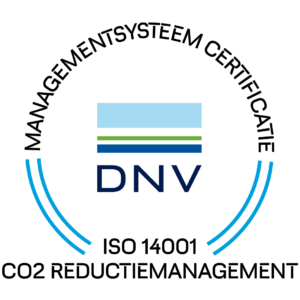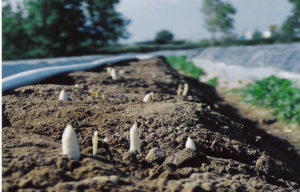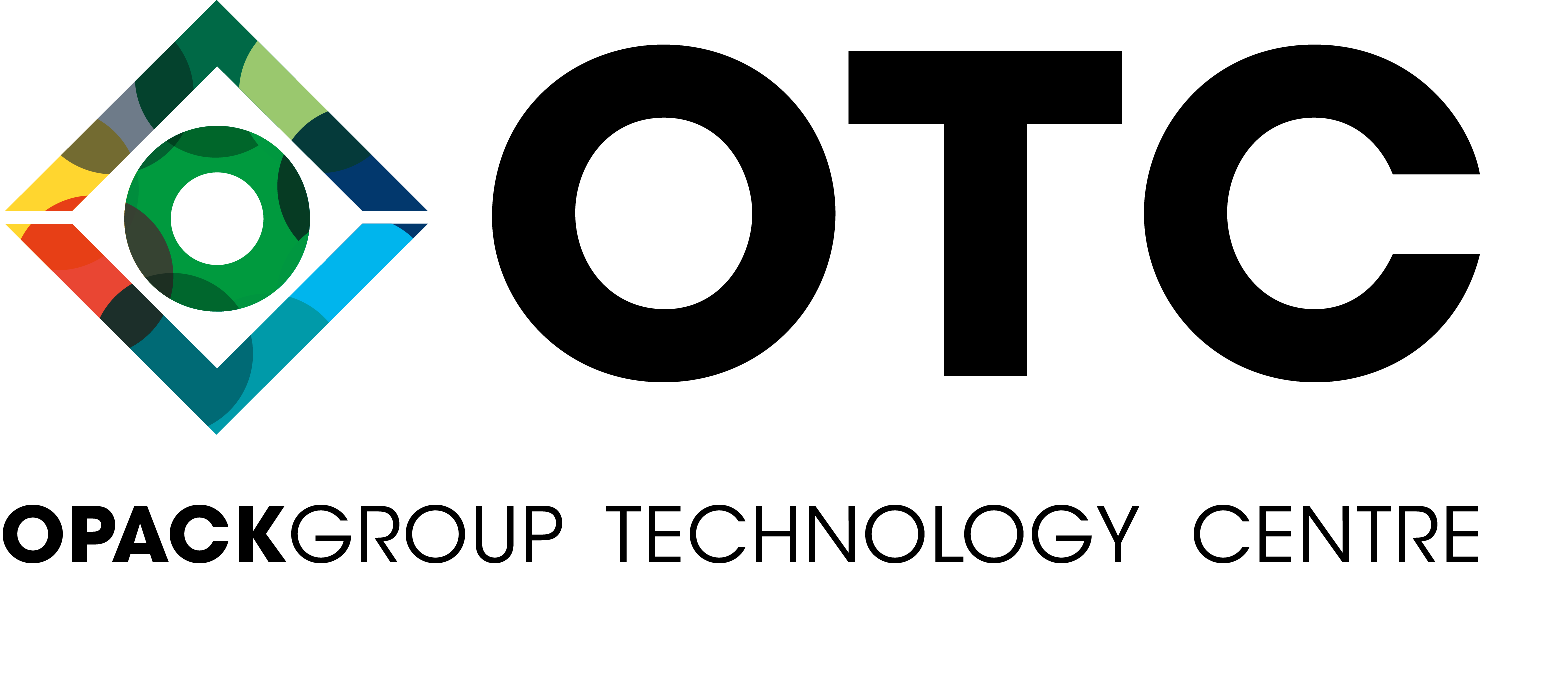BQA QA-CER

Recycled content guarantees the quality system related to the recycling process and the use of recyclate, both in terms of the recyclate content and the quality of the final product with the aim of supporting the sustainability principle. With this certification, the percentage of recycled content can be demonstrated for each product.

BRCGS Packaging Materials

The BRCGS Packaging Materials Global Standard will help companies demonstrate that they supply products of guaranteed quality, legally compliant and manufactured correctly. BRCGS Packaging Materials is the first certificate recognised by GFSI (Global Food Safety Initiative) and has become the global industry benchmark. It is used not only by producers of food packaging, but also by producers of packaging for all applications throughout the supply chain.

Ecovadis

Sustainability is an essential part of a company’s policy. The OPACKGROUP holds a silver Ecovadis certificate. Ecovadis is a global cooperation platform of leading companies that value sustainability. Ecovadis aims to improve the environment, labour & human rights, ethics and sustainable procurement. Ecovadis is the world's largest and most trusted provider of corporate sustainability assessments. With the Ecovadis system, scores are transparent to customers and suppliers, showing a company’s strengths and weaknesses on sustainability criteria.

ISO 9001

ISO 9001 is the international standard for quality management systems. This standard provides guidelines required for a good quality management system. ISO 9001 allows organisations to demonstrate that they can consistently deliver products and services that meet the quality requested by customers. It is also used for streamlining processes and to make them more efficient. ISO 9001 can be used by internal and external parties (including certifying bodies) to assess whether a properly functioning quality management system is in place.

ISO 14001

ISO 14001 is an international standard and the basis for environmental management. For this purpose the environmental policy has been developed. ISO 14001 specifies the requirements of an environmental management system that an organisation can use to improve its environmental performance. The standard is intended for use by an organisation that needs to manage its environmental responsibilities in a systematic way that contributes to the environmental pillar of sustainability.

ISO 26000

ISO 26000 is the international guideline for applying CSR (Corporate Social Responsibility) within an organisation. ISO 26000 provides tools to support organisations in tailoring their social responsibility. ISO 26000 describes why and how to use CSR. The guideline provides clear definitions and limits of CSR and sustainable development. In addition, the guideline provides tools for implementing CSR in an organisation.

ISCC plus

The International Sustainability and Carbon Certification (ISCC) is an international certification system for fully traceable supply chains that are environmentally, socially and economically sustainable. It provides a comprehensive set of criteria for assessment and auditing worldwide to meet the United Nations 2030 Agenda for Sustainable Development. With ISCC plus certification throughout the supply chain, sustainability claims can be made and regulatory compliance demonstrated. Every link in the supply chain must be certified, starting with the resource of materials. These are raw materials of bio (sugar cane, corn), bio-circular (forestry residue, used cooking oil) or circular (plastic waste) nature.

Kosher certificate

The Kosher certificate guarantees compliance with the rules to be followed in the production, packaging and sales processes of food and beverages according to Jewish beliefs. This certificate is important because according to the Jewish religion, the consumption of certain types of animal products are not allowed and animal meat is processed separately.

Tüv Austria OK Biobased

As a result of the increased environmental awareness of customers, there is a growing market for products based on renewable raw materials. This environmentally conscious alertness of customers mean that there is a great need for renewable raw materials of high quality. The “OK biobased” certification fulfills this perfectly. Depending on the established percentage of renewable raw materials (% Biobased), your product can be certified as one-star, two-star, three-star or four-star biobased.
The examination method behind the OK biobased certification is very simple. The exact percentage can be accurately measured using the standardised C14 method. This makes verification very transparent and also allows to make a fair comparison.

Tüv Austria OK biodegradable Soil

The term “biodegradation” is actually meaningless if no reference is made to an environment and time frame. This is because in biodegradation, a lot of microorganisms attack the material to be degraded. These microorganisms differ in each environment. It depends on the specific temperature, moisture content, pH, oxygen supply, etc. Biodegradability in soil offers great advantages for agricultural and horticultural products because they do not need to be removed after use, but can simply degrade in situ. The OK biodegradable SOIL label guarantees that a product is fully biodegradable in the soil without any harmful effect on the environment.

Tüv Austria OK compost HOME

Because of the relatively small amount of waste, the temperature in a garden compost pile is significantly lower and less constant than in an industrial composting environment. Composting in the garden is therefore a more difficult, slower process. TÜV Austria's innovative answer to this challenge is the OK Compost HOME certification to ensure complete biodegradability, even specifically in the garden compost pile. It is important to note that the OK compost HOME certificate does not explicitly refer to a specific standard, but describes all the technical requirements that a product must meet to obtain certification. All packaging with this label is guaranteed to be biodegradable.

Tüv Austria OK compost Industrial

Composting can significantly reduce the volume of organic waste, in addition, the compost produced can be used for agricultural and horticultural purposes. Packaging or products with the OK Compost Industrial label are guaranteed to be biodegradable in an industrial composting plant. This applies to all their components, inks and additives. The harmonised standard for certification is EN 13432:2000. Any product with the OK compost INDUSTRIAL logo therefore complies with these requirements.

UN certification

Packaging for the transport of hazardous materials must be tested and bear a UN mark. The certification mark confirms that the packaging has been subjected to various tests and found suitable for transporting hazardous (liquid) substances by an independent testing body.


